What's your opinion re. poinsonous plant?
minibite
19 years ago
Related Stories

DECORATING GUIDESNo Neutral Ground? Why the Color Camps Are So Opinionated
Can't we all just get along when it comes to color versus neutrals?
Full Story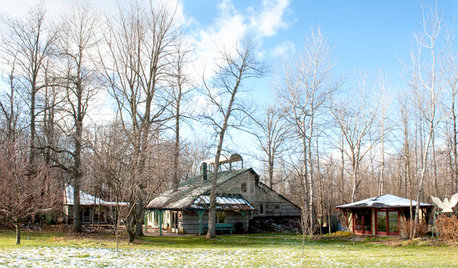
LIFEWhen You're Suddenly Solo at Home
Whether you stay in a home alone or move on, these strategies from professional organizers can help you with the process
Full Story
DECORATING GUIDESHow to Decorate When You're Starting Out or Starting Over
No need to feel overwhelmed. Our step-by-step decorating guide can help you put together a home look you'll love
Full Story
COLORHow to Add Color if You’re Color Shy
Here’s how to break into the world of color without breaking a sweat
Full Story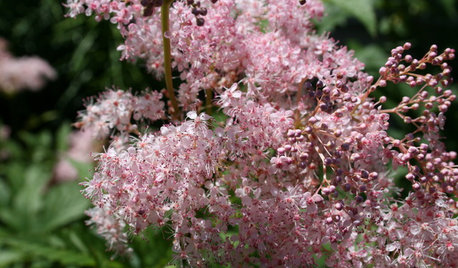
GARDENING GUIDESGreat Design Plant: Discover Queen of the Prairie's Sweet Aroma
If you like the look of cotton candy and the smell of roses and want an easy perennial, you're in luck with this plant
Full Story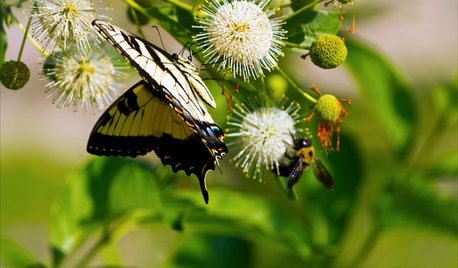
GARDENING GUIDESGreat Design Plant: Cephalanthus Occidentalis
Buttonbush is an adaptable woody shrub with delightful pincushion flowers
Full Story
LIFEWhen Design Tastes Change: A Guide for Couples
Learn how to thoughtfully handle conflicting opinions about new furniture, paint colors and more when you're ready to redo
Full Story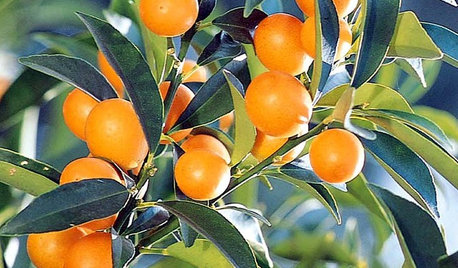
GARDENING GUIDESGreat Design Plant: Kumquats for a Juiced-Up Winter
Grow it for the edible fruit or its good looks alone. This citrus cousin will brighten any gray winter day
Full Story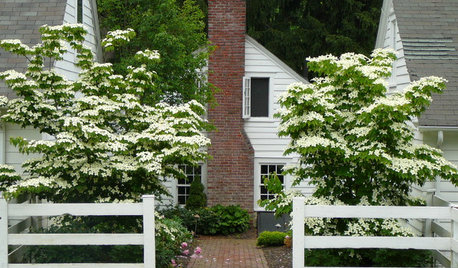
TREES7 Deer-Resistant Flowering Trees to Plant this Fall
If you live in a neighborhood with roaming deer, consider these beautiful trees that won't tempt hungry guests
Full Story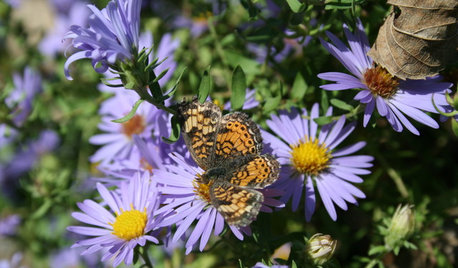
Sponsored
More Discussions






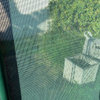
gardengal48 (PNW Z8/9)
gardengal48 (PNW Z8/9)
Related Professionals
Ashland Landscape Architects & Landscape Designers · Edmond Landscape Contractors · Barrington Landscape Contractors · Brookline Landscape Contractors · Kaneohe Landscape Contractors · Northbridge Landscape Contractors · Ocoee Landscape Contractors · Conway General Contractors · Jackson General Contractors · Longview General Contractors · Spanaway General Contractors · Tamarac General Contractors · New Port Richey East Siding & Exteriors · Oregon City Siding & Exteriors · San Jacinto Siding & Exteriorseddie_ga_7a
andie_rathbone
ginger_nh
blueheron
minibiteOriginal Author
eddie_ga_7a
gardengal48 (PNW Z8/9)
Linda_VT
katycopsey
gottagarden
bluetruck99
buyorsell888
ljrmiller
minibiteOriginal Author
lindac
jmee
beachplant
eibren
ruthann
ltcollins1949
leaveswave
Blond_Bimbo
midgardserpent
Lizard
leaveswave
gardenguru1950
jambu